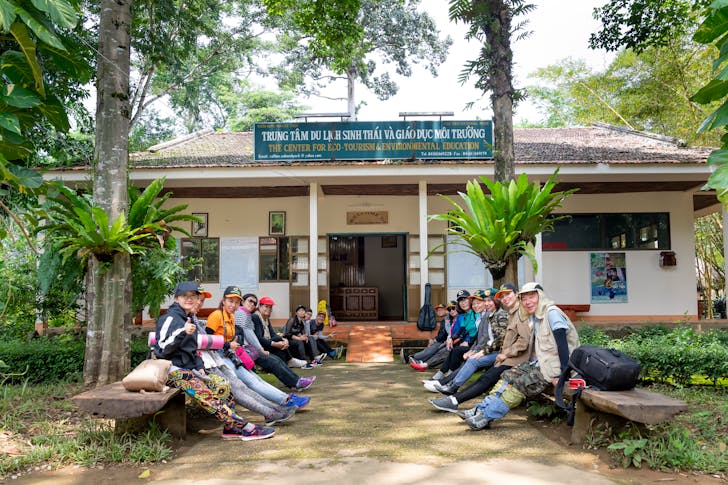Starting a travel agency offers the exciting opportunity to craft dream vacations for families and streamline business travel for corporations. If you're considering this entrepreneurial path, here's an effective guide on how to start a travel agency, ensuring your venture takes off successfully

8 Steps on How to Start a Travel Agency
A travel agency not only helps personal clients plan the vacation of their dreams but also assists corporate clients in reducing travel costs. Travel agencies can offer significant value by providing discounted rates, improved booking options, ticket management, and more. The travel and tourism industry is fulfilling and consistently profitable, providing a sturdy foundation for your business aspirations.
1. Define Your Niche
Identifying a niche is crucial when thinking about how to start a travel agency. Your personal experiences and interests can significantly influence your niche choice, which in turn helps attract specific customer segments. Whether it's adventure tours, honeymoon vacations, or corporate travel, specializing allows you to focus your marketing and provide tailored services.

2. Research the Current Market and Trends
Understanding the market and current trends is essential. This involves determining if there is a demand for your chosen niche and studying potential clients' demographics and needs. Competitive analysis is also vital to distinguish your offerings and understand competitors' technological solutions or pricing strategies.
3. Look into Travel Tools and Ensure You Have the Necessary Skills
The right tools and skills are crucial for operating a successful travel agency. Familiarize yourself with essential software like TravelWorks for booking and TripCreator for itineraries. Additionally, obtaining travel agent certifications, such as those from The Travel Institute or the Cruise Lines International Association, can enhance your credibility.
4. Make a Budget
Startup costs for a travel agency can vary widely. A minimal setup might cost a few hundred dollars, whereas establishing a brick-and-mortar office can require a more substantial investment. Detailed budgeting helps you manage finances effectively and sets the stage for a financially sound business.
5. Create a Travel Business Plan and Company Name
A solid business plan outlines your business strategy, financial forecasts, and operational details. Deciding between an online-only or a traditional physical agency will affect your cost structure and operational focus. Additionally, choosing a compelling and relevant business name and securing a matching domain are crucial for branding and online presence.
6. Obtain All Necessary Licenses and Registrations
You'll need to secure the appropriate business licenses and registrations to operate legally. Specific travel agent licenses might also be necessary if required in your jurisdiction. Ensure you're also covered by adequate liability insurance to protect against potential client claims.
7. Create a Brand Image as a Travel Agent
Your brand image should resonate with potential clients and reflect your business values. This involves deciding on your logo, color scheme, slogan, and overall marketing message. Strong branding is essential for distinguishing yourself in a competitive market.
8. Promote Your New Business
Promotion is key to attracting your first clients. Use marketing strategies such as social media, SEO, and traditional advertising to create buzz around your new travel agency. Consider joining a host agency if you're starting independently, as this can provide additional support and resources.

Conclusion
Starting a travel agency can be a thrilling and rewarding endeavor. By following these eight steps, from defining your niche to promoting your business, you can establish a robust foundation for a successful travel agency that stands out in the vibrant tourism industry. Whether you opt for an online model or a traditional office, the travel sector's flexibility, satisfaction, and profitability provide a promising landscape for your entrepreneurial journey.





